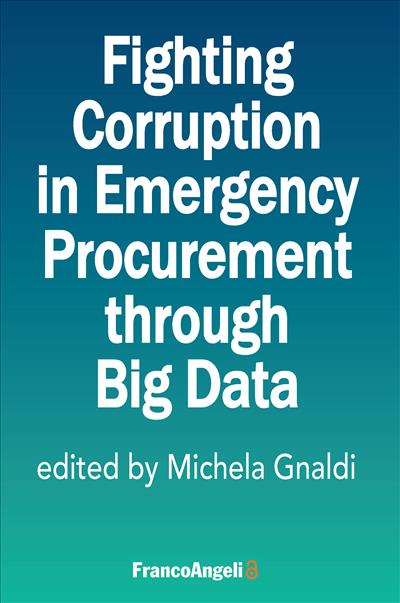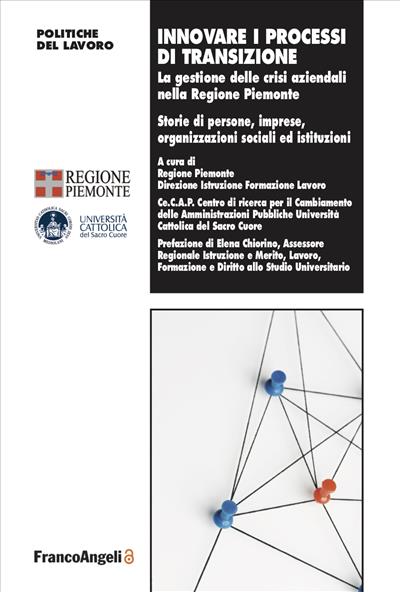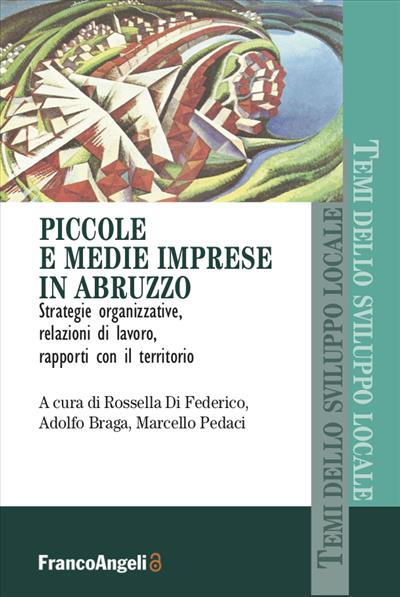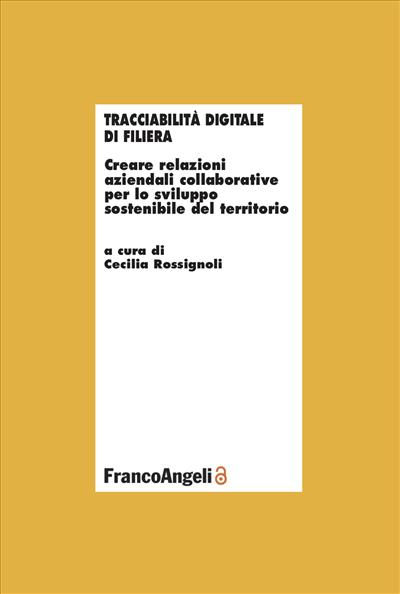
A cura di: Michela Gnaldi
Fighting Corruption in Emergency Procurement through Big Data
In this book of contributed chapters, we delve into the pivotal issue of adapting corruption risk assessment systems to emergency scenarios. Among various sectors, public procurement systems are particularly vulnerable to corruption risks during emergencies, given their frontline role in many countries' crisis responses. Throughout the book, the discussion revolves around the CO.R.E. project – COrruption Risk Indicators in Emergencies. This project, funded under the EU Internal Security Fund Police (ISF-P) program in 2019, aimed to enhance early detection of corruption risks through big data techniques and to establish a stronger evidence base for policy reform in emergency scenarios.
Edizione a stampa
0,00
Edizione a stampa
0,00
Pagine: 132
ISBN: 9788835129486
Edizione: 1a edizione 2024
Codice editore: 12000.38
Disponibilità: Discreta
Open Access
0,00
Open Access
0,00
Pagine: 132
ISBN: 9788835164876
Edizione:1a edizione 2024
Codice editore: 12000.38
Informazioni sugli open access




